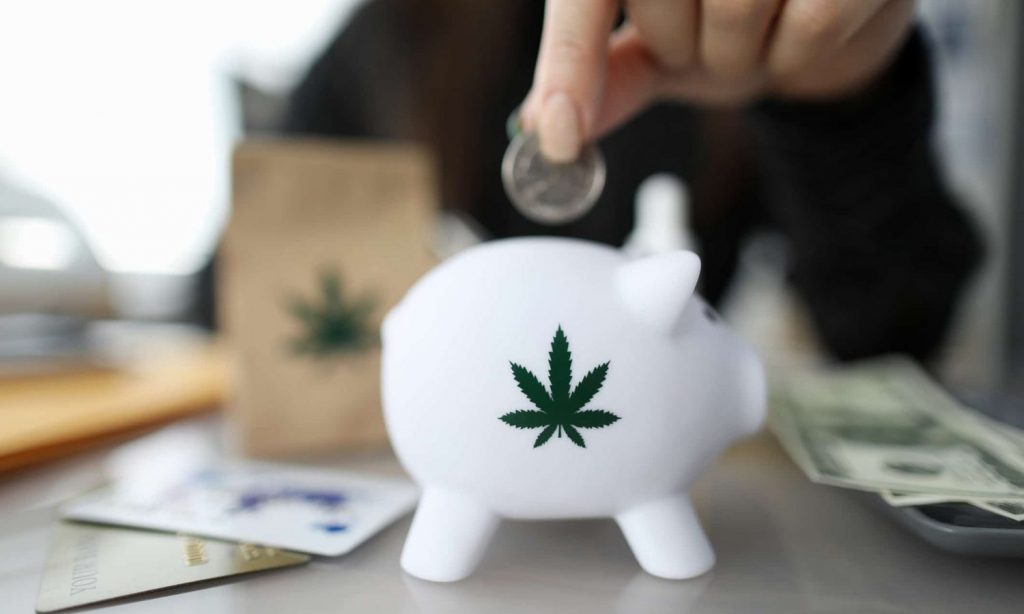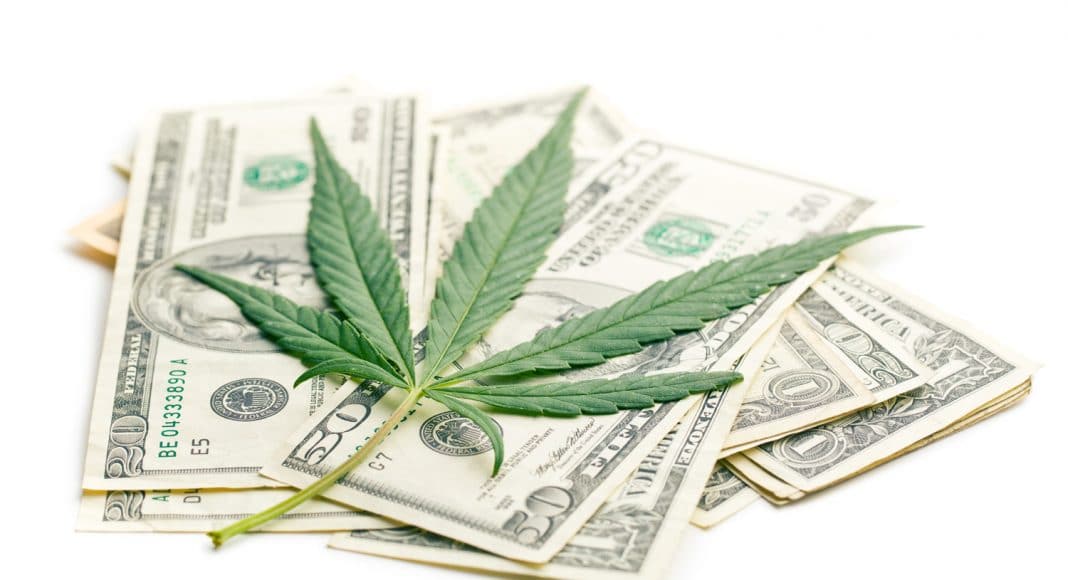With the right connections, qualified cannabis businesses can obtain much lower rates and longer terms than what the cannabis industry has experienced in the past borrowing from private lending sources.
By Scott Jordan
There are several factors at play that are contributing to the low-rate lending environment for cannabis businesses. Since March 2021, with the new administration in place in the U.S., rates have come down for some cannabis real estate borrowers as the more aggressive banks, credit unions and life insurance companies are getting involved quietly in the industry with the excess liquidity from PPP and EIDL loans and other circumstances surrounding the pandemic.
Banks are seizing the opportunity to receive additional yield for their portfolios and realizing risks of federal seizure (which I have not seen one happen where the cannabis company is following all state guidelines) have been minimized in the minds of the lending institutions or are able to be mitigated with structuring the transaction as one that is between a landlord (with different ownership) than the state-licensed marijuana company.

Many lenders that I have spoken with want to be in the market prior to the anticipation of the SAFE Banking Act passing, which as of the date of this article, has passed the House. Banks, credit unions, and life insurance companies are also interested in increasing their loan portfolios’ average yield and cannabis represents a marketplace for accomplishing that.
RELATED: How Cannabis Banking Bill Fares In Senate Will Dictate Future Of National Marijuana Reform
When you combine all of those factors and the fact that the actual risk is much lower than the perceived risk, we are seeing more banks willing to quietly and discreetly lend to cannabis companies. You likely won’t see them advertising or being public with this type of lending, but with the right connections, qualified cannabis businesses can obtain much lower rates and longer terms than what the cannabis industry has experienced in the past borrowing from private lending sources.
So who is getting these bank rates?
The larger cannabis companies that are showing positive EBITDA or profits are the main recipients on the low-rate loans. Why? It’s never just one factor, but generally speaking, it will come down to the value of the property and borrower profile. Most cannabis businesses are receiving these rates on traditional warehouses and retail centers in urban areas. For instance, in California, Hollywood is lendable, but Adelanto is not. Banks do not want a foreclosure that will take them a long time to sell and don’t want to have to consider managing a cannabis warehouse.

Another critical factor to consider is that most banks will look at normal commercial value versus cannabis value. Even though cannabis owners have to spend a lot of money upgrading facilities, on specialized equipment and power upgrades that a normal business would not need, when a bank underwrites the loan and considers the risk of repossessing and foreclosing on the property, they are looking to sell it as quickly as possible and therefore will give you the lower of the commercial value versus the cannabis value.
RELATED: How Long Before The Senate Approves The SAFE Banking Act?
Also, if you’re looking for a cap rate valuation, many times the rents are increased to shift profitability over to a real estate company and banks will only use the normal commercial rent to figure out what the value is using a cap rate analysis to determine the value. One other factor to keep in mind is that when a cannabis business forecloses on a warehouse, many of the small rooms that have been created for the typical cannabis grow will have to be torn down and so the foreclosure process is actually more expensive for a bank when they’re repossessing cannabis real estate.
In keeping with the conservative nature of banks, most will be looking at somewhere between 50 to 65% loan to value. They are also going to be looking for a personal guarantee(s) on the loan in order to secure these lower rates. A personal guarantee is not always required, but they will almost always ask. The only time I have seen this as an exception is for a public company.

In general, banks would also like to have your deposit business as well because they are seeking a “relationship” not just a transaction and want to have the opportunity to provide additional products and services. Loan sizes generally range from $1 to $15 million at a 50 to 65% loan to commercial value and a five- to 10-year fixed rate. Those are typically amortized over 20 years for rates that start at 5.5% and go up to 7.5% annualized interest rate with a three- to five-year prepayment penalty.
The following are three tips for securing the lowest rates available:
- Be realistic in your valuation and look at other commercial properties and comparable rents and values versus cannabis values.
- Have up to date financials available, including P+L and rent roll if it is multiple tenants, as well as copies of the lease(s) available
- Be legally banking and in compliance with all state laws as the bank will perform substantial due diligence before issuing a loan
It is critical to do your due diligence on the current rate environment, what’s needed to apply for the loan, and who to consider working with. Also, understand that it’s not the property type that determines the loan amount, but the bank’s underwriting criteria and guidelines and the borrower’s financials. Using a source who knows the state and banks within it is key to securing the lowest rates available and arranging the right loan before rates head higher.
Author Bio: Scott Jordan is known as The Marijuana Money man and has been helping cannabis business owners obtain debt capital to grow their businesses since 2009. He is a frequent speaker at industry events and has completed over $70 million in loans for cannabis companies. You can reach Scott at sjordan@altfinnet.com or 720-546-6574.
This article originally appeared on Benzinga and has been reposted with permission.


